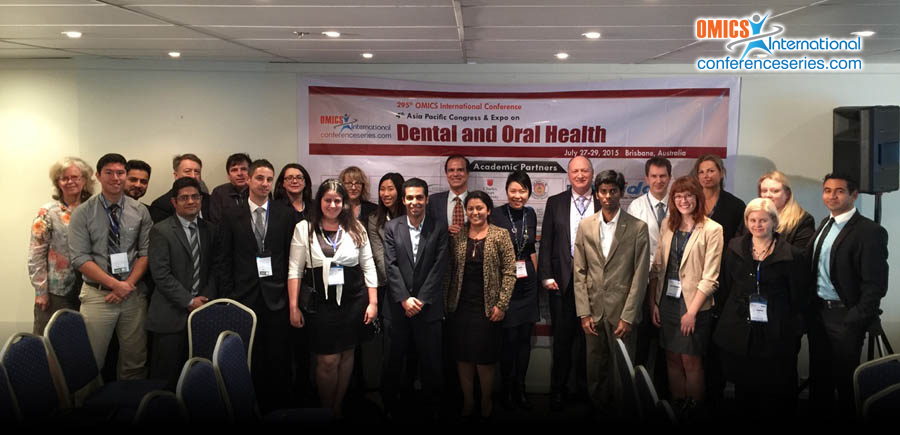
Mahmoud Bakr
Griffith University, Australia
Title: The effect of early exposure to haptic feedback during preclinical dental education on the development of psychomotor skills in restorative dentistry?
Biography
Biography: Mahmoud Bakr
Abstract
Haptic simulators have been successfully used in medical education but are relatively new tools in dental education. This study aimed to evaluate the effect of early exposure to haptic feedback (via the MOOG Simodont® Virtual Dental Trainer) on the development of psychomotor skills and on the subsequent performance of a previously unseen manual task. Forty (40) second year Dental Science students enrolled at Griffith University (Australia) were randomly divided into two groups. They were then given manual dexterity tasks in a haptic and a non-haptic environment but in a different sequence for each group (early- or late-haptic experience). Pre-experimental, post experimental and flow questionnaires were completed by participants. The Mental Rotation Test –A (MRT-A) was used to control for differences in visual-spatial abilities. Borg’s CR-10 scale was used to control for possible differences in mental effort between haptic and non-haptic training sessions. Overall, the students accepted the new dental simulator well. Participants commented both positively and negatively on the fidelity of the preclinical experience. The group that ended with haptic training performed slightly (though not significantly) better than the group that commenced training with haptics (Paired t-test; P= 0.06). Our study showed that haptic simulators could be combined with other methods in preclinical dental skills development but there is no clear evidence in this study that early exposure per se to haptic feedback and the MOOG Simodont® Virtual Dental Trainer could better assist in the development of psychomotor skills in Restorative Dentistry.
Speaker Presentations
Speaker PPTs Click Here

